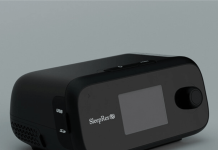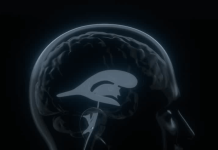Iota Biosciences, a subsidiary of Astellas Pharma, announced that it received FDA investigational device exemption (IDE) for its bladder implant.
The FDA gave the go-ahead for an early feasibility study (EFS) to evaluate the safety and feasibility of the investigational device. Alameda, California-based Iota designed the device to deliver electrical stimulation directly to the bladder wall. It induces contractions that facilitate bladder emptying in individuals impacted by underactive bladder (UAB).
Related: FDA clears Vy Spine’s 3D printed spinal fusion device
According to a news release, the FDA granted a staged approval of the EFS for the novel device. The first stage includes the enrollment of three participants, including at least one male and one female. Following safety outcomes from the first stage, the FDA approved expanding the study to 10 total participants.
“Current treatment options for underactive bladder are limited, often forcing patients to rely on clean intermittent catheterization, which can be burdensome and carry risk of complications,” said Michel Maharbiz, CEO of iota Biosciences. “Our team has diligently worked on a potential alternative treatment option, achieving concept to IDE approval in less than four years, a remarkable feat that highlights our commitment to patients and innovation. We are excited to advance clinical development and bring this potential new solution closer to those in need.”
Astellas acquired Iota in 2020 to explore and advance bioelectronic technologies for target conditions.
“The initiation of the early feasibility study reflects our shared commitment to expand treatment options beyond traditional pharmaceuticals through innovative science and health technologies,” said Adam Pearson, Astellas chief strategy officer. “We look forward to the progress of this research, and its potential to make a difference for patients impacted by underactive bladder.”






